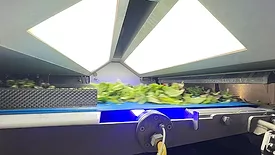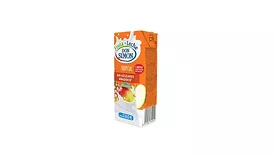Process Control
Modern Dairy Safety Concerns and Emerging Precision Fermentation for Dairy Foods and Ingredients
Developments in genetic technology have created a boom in the use and potential applications of precision fermentation
December 8, 2025
BIZTRACKS
Researchers Develop Active Packaging That Senses, Preserves Food Quality
November 26, 2025
Never miss the latest news and trends driving the food safety industry
Newsletters | Website | eMagazine
JOIN TODAY!Copyright ©2026. All Rights Reserved BNP Media.
Design, CMS, Hosting & Web Development :: ePublishing












